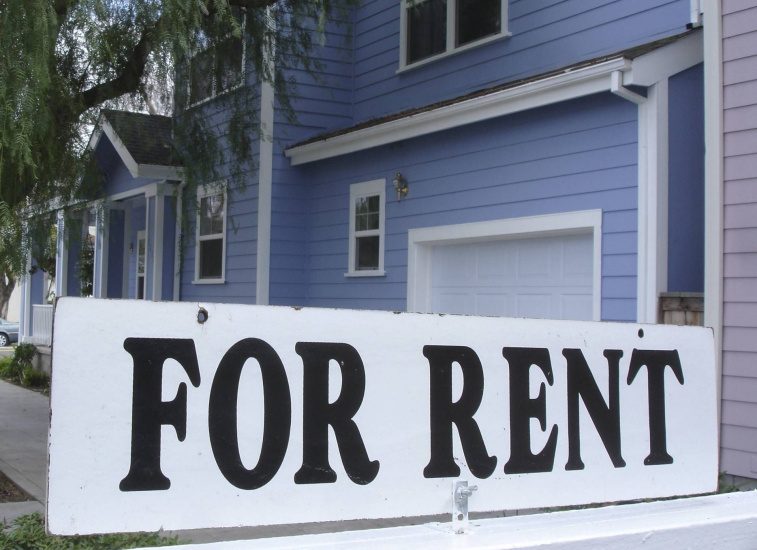Nova Scotia Advocate: Nova Scotia landlords compiling illegal “Bad tenants” blacklists
Posted August 25, 2021
Posted August 25, 2021
 KJIPUKTUK (Halifax) – Renters looking unsuccessfully for a place to live in Nova Scotia may have more to blame than just bad luck and a lack of affordable housing.
KJIPUKTUK (Halifax) – Renters looking unsuccessfully for a place to live in Nova Scotia may have more to blame than just bad luck and a lack of affordable housing.
Members of Nova Scotia ACORN, an organization that fights tirelessly for poor people, say they have found that there are at least two “bad tenants” blacklists maintained by landlords in Nova Scotia.
For the last year and a half ACORN members have been part of a Facebook group called ‘Landlords Unite’.
“Described by the group as “a Nova Scotia based “Information Only” Group for Landlords, Managers, Superintendents etc. …… a place to voice concerns, make recommendations, post Ads, ask questions & share experiences” – the group is most frequently used by landlords to give tips on evicting tenants, getting around the residential tenancies act, and sharing the names of “Bad Tenants”, which they have compiled into a Do Not Rent list, an announcement on the Nova Scotia ACORN Facebook page states.
One list has 256 names, another with nearly 3,200 names on it, was compiled through reports on a hidden Facebook group “Amherst Landlord Associates”, and by scanning police records for tenants who have never even interacted with the landlords who created the list, ACORN reports.
Not only do such secretive lists open the door to all kinds of questionable info, the Office of the Privacy Commissioner of Canada finds them illegal.
“Our office has found that landlords do not have the right to disclose information such as a poor payment history to an unregulated or ad hoc bad tenants list,” the Privacy Commissioner’s website explains.
“Landlords should get consent for obtaining and providing reference and/or background checks. Informal checks – such as looking at your Facebook page or Twitter feed, or asking another landlord about you – are a collection of personal information and, therefore, privacy laws apply. In general, we advise landlords not to turn to social networks as a means of conducting background checks,” the website states.
Meanwhile, ACORN is promising more on what it has learned during its year and a half investigation in the upcoming days. Check with the ACORN folks if you suspect your name may be on one of the lists.
***
Article by Robert Devet for the Nova Scotia Advocate
